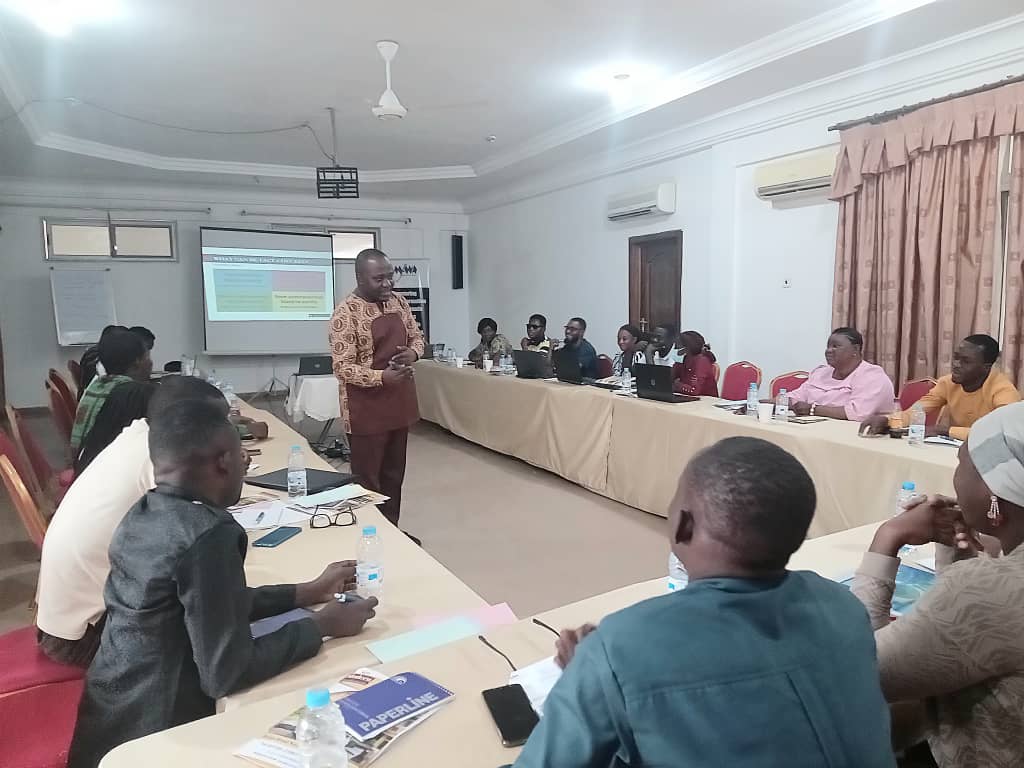The Media Foundation for West Africa (MFWA) has rolled out a series of capacity-building workshops to enhance the knowledge and skillset of journalists on fact-checking ahead of the 2024 elections.
The training workshop is being organised for two days each on four separate occasions targeting 100 journalists and social media influencers selected from radio, television, newspaper and online. The beneficiaries of the workshop were selected from the six regions of the northern part of Ghana. These are the Northern, Upper East, Upper West, Bono East, Savannah and North East regions. The capacity-strengthening workshop also targets media houses/radio stations in communities that share a border with neighbouring Togo, Burkina Faso and Cote d’Ivoire, as well as journalists from the Greater Accra Region.
The intervention will equip the journalists with skills and tools to analyse content, produce fact-check reports and carry out media programmes that will educate the public on mis-disinformation. It is expected that media reports will contribute to raising public awareness, promote information hygiene and strengthen the ecosystem of countering mis-disinformation and propaganda narratives, particularly in the context of the 2024 elections.
“As the 2024 elections draw closer, it is expected that the media as a critical actor in the promotion and consolidation of peace, can use its influence, agenda-setting and public education capacity to build bridges to de-escalate propaganda and polarising narratives,” said Dr Kojo Impraim, Director for Media for Peace and Sustainable Development Programme. “It is therefore necessary that we empower journalists to counter these narratives to contribute to fostering fact-based campaigning and peaceful elections in December 2024.”
Ghana faces threats posed by mis/disinformation from both internal and external sources. In November 2022, the President, Nana Akuffo Addo sought the support of the United States Government to ward off possible security threats to Ghana, posed by the Russian mercenaries, Wagner forces, mining along the northern borders of Ghana.
A report by the University of Exeter in 2019 also revealed that the two major political parties in Ghana – the New Patriotic Party and the National Democratic Congress built “cyber battalions or social media armies” for the 2020 elections. This contributed to aggressive communications from social media armies which resulted in widespread fake news, disinformation, abusive language, hate speech and propaganda narratives on key legacy and social media platforms during the elections.
The training forms part of the MFWA’s project on Countering mis-disinformation and propaganda narratives in Ghana’s 2024 electioneering processes. The project is being funded by the Foreign, Commonwealth and Development Office.





